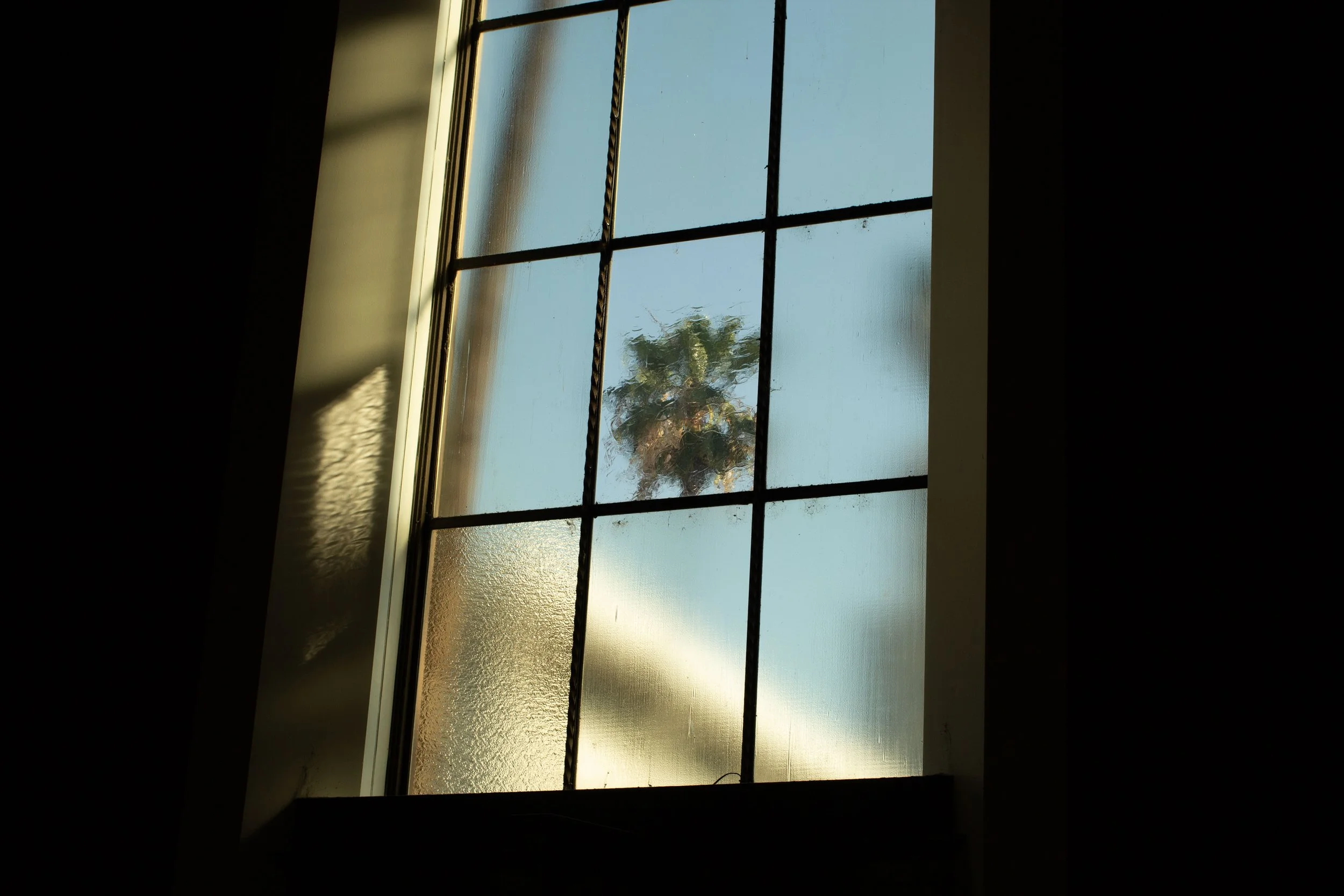
SPIRITS
MEZCAL VS. TEquila
Describing mezcal as tequila’s smokey cousin is a gross oversimplification to one of the world’s most diverse spirits categories.
MEZCAL
Currently, the CRM (Consejo Regulador del Mezcal) allows mezcal production in 9 of Mexicos 32 states with a number of different agave varieties.
TEQUILA
Tequila must be produced in the state of Jalisco using a single agave varietal, blue weber also known as agave tequiliana.
OTHER SPIRIT TYPES
While tequila and mezcal are the most well known, there are other Mexican spirits equally worth getting to know.
-
Unlike traditional, double-distilled mezcals, raicilla is typically single-distilled. Because Jalisco has the second-greatest biodiversity of agaves outside of Oaxaca, distillers use a range of varietals in its production.
The spirit itself is ancient but has a delightfully insurgent post-colonial history. Once a humble beverage, primarily enjoyed by farmers, raicilla was rendered verboten and taxed heavily after the Spanish conquest. Production moved underground.
When tax collectors came to small villages, locals lied, saying the spirit they were making didn’t use the piña of agave like mezcal (it did); rather, it was from the “roots” of the agave (same thing). They gave their spirit the name raicillia, or “little root.”
-
Derived from the Agave Pacifica plant, Bacanora is named after the small town of Bacanora. There, locals enjoyed the spirit (a subtype of mezcal that has been produced in Sonora for over 300 years) on a regular basis until the conservative Governor of Sonora, believing it caused immoral behavior among citizens, decided to ban the beverage. Distillers were driven underground, continuing to create Bacanora in secret under the threat of imprisonment or death by hanging if caught.
-
Sotol is a distillate made from a type of shrub, Dasylirion wheeleri, more commonly called desert spoon. Resembling a yucca plant (or a sea urchin), a succulent with long, spiny leaves, the desert spoon plant grows wild. It’s found in Mexico’s Chihuahua region, though it grows as far north as Arizona, New Mexico and Texas.
Unlike agave, when desert spoon is harvested, the root remains intact and the plant will eventually re-grow. The plant itself can get very old, up to even 100 years. Compared to crisp tequila or often-smoky mezcal, sotol tends to be bright and grassy.
-
Pechuga (poultry) is traditionally for special occasions and is prepared by suspending a chicken or turkey in the still during distillation. Ensamble encompasses the unfalsifiable agave blends, like wine these include several species.

